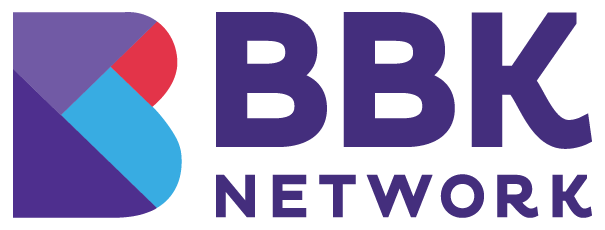In order to thrive in the workplace, job seekers and employees must possess a set of both soft and hard skills. Resulting from a variety of societal and technological advancements, soft skills have become a priority for employers in selecting their future employees. We have compiled a list of the five most crucial soft skills that employers are looking for in hiring new employees.
According to a LinkedIn 2019 Report, 92% of hiring managers highlighted the importance of job candidates having strong soft skills as the job market evolves through AI and automation.
Soft skills, commonly referred to as people skills or personal skills, are one’s intrinsic abilities that enable them to effectively work alongside others. Soft skills include an individual’s traits and behaviour when interacting with different types of people and their ability to maintain a pleasant work environment.
On the other hand, hard skills are the technical and practical skills that are developed through one’s training and industry knowledge. For example, having a competency in navigating various technologies and platforms or operating specific machineries.
While hard skills can easily be learned through academics and training, soft skills are more complex as they cannot be immediately taught. Soft skills are harder to teach as they mainly develop through repeated effort or practice, constructive feedback from others, and fostering a strong motivation. Moreover, soft skills are firmly established in one’s personality which grows and improves through life experiences.
To assess employees’ soft skills, employers observe them through interviews, checklists for specific behaviours, or tasks and challenges in the workplace that will require these soft skills. There is a long list of essential soft skills that are valuable in the workplace, however, in this article we give you the top 5 soft skills that employers are looking for in prospective employees.
One of the most essential soft skills that employers are looking for when hiring is effective communication skills, both verbal and non-verbal. Communication is about having the ability to express ideas coherently and politely, as well as being an attentive listener. Employers are looking for people who can communicate effectively with clients and coworkers in person, over the phone, and in writing. Beyond verbal communication, non-verbal communication does not use words or speech, instead using body-language to convey information such as through facial expressions, eye contact, and gestures.
Another highly important soft skill that employers are looking for is a collaborative mindset, often referred to as teamwork skills. A prospective employee should not only perform well independently, but they should also be able to work effectively and collaboratively with other people. Teamwork involves sharing ideas or brainstorming within a group, having an open mind when discussing differing opinions, and communicating properly with colleagues. One should be aware of different personality types and work styles, having the ability to work successfully through adversities and challenges if they arise.
Even if you are not applying to a leadership role specifically, hiring managers are always on the lookout for individuals who have the potential to grow with and move up in the organization. Leadership skills go beyond managing people and making tough decisions. A leader knows how to work with different types of people who may have differing strengths. They are also able to keep a team on track and guide them through challenges and potential conflicts. To a certain extent leadership skills can be taught, although the most effective way to develop leadership skills is through practice and experience.
Having a high Emotional Quotient (EQ) means being capable to sensibly react and understand your own emotions and the emotions of others. A strong EQ also involves the ability to control your emotions through stressful and frustrating moments in the work setting. Employers are looking for employees who can maintain an optimistic attitude and remain calm when faced with a high-pressure work environment. Also, employees should be able to show empathy and compassion when necessary to both colleagues and clients
Finally, employers are looking for creative individuals who are able to come up with relevant and innovative ideas. Being creative at work is about thinking outside of the box. It involves effective problem solving as well as proactively proposing or making improvements to inefficient processes. Hiring managers want individuals who can think critically about challenges, come up with innovative solutions, and exhibit a can-do attitude as they implement them.
Author: Marielle Valmores





